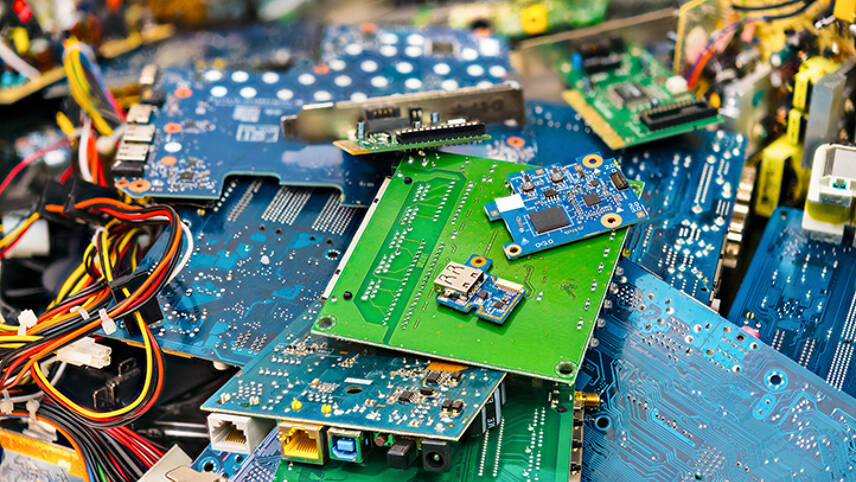Register for free and continue reading
Join our growing army of changemakers and get unlimited access to our premium content

The scheme enables companies to recycle their phones and tablets in five straightforward steps, including registering multiple devices simultaneously and arranging a complimentary courier collection.
Through the O2 Recycle for Business platform, companies can donate 5%, 10%, 25%, 50% or 100% of the trade-in value to Good Things Foundation.
To date, 92% of the devices collected under the scheme have been recycled or refurbished, thus supporting the circular economy.
Since its inception in 2009, O2 Recycle has processed over 3.8 million business and consumer devices, with payouts exceeding £670,000 to businesses last year.
According to the company, none of the technology processed by O2 Recycle ends up in landfills.
The service is now accessible to businesses of all sizes and mobile providers and not limited to Virgin Media O2 customers.
Waste mountain
In related news, research has revealed that UK businesses are stockpiling approximately 11.8 million unused mobile phones and tablets due to challenges relating to responsible electronic waste disposal. In fact, most businesses keep unwanted tech for a year before disposal.
This is based on an independent survey conducted by 3Gem Research & Insights, which collected online responses from 500 senior managers overseeing IT decisions in organisations with ten or more employees.
According to the survey, 70% of companies wish to adopt more sustainable disposal practices but lack the knowledge to manage electronic waste (e-waste) effectively.
The survey further highlights that 76% of the firms acknowledge the need to assume greater responsibility for disposing of outdated technology, with 82% seeking a straightforward solution for recycling within their organisations.
The production phase of a smartphone contributes significantly to its energy cost, with manufacturing and mining operations accounting for 85-95% of its annual carbon footprint due to its energy-intensive nature.
According to a report from The Restart Project, the total carbon footprint in the manufacturing of mobiles is at least equal to the Philippines’ annual carbon emissions, a country of more than 100 million people.
In 2020, the UN reported a 21% rise in global electronic waste production compared to 2015, with the majority of this waste being inadequately recycled, resulting in a waste of $57bn.


Please login or Register to leave a comment.